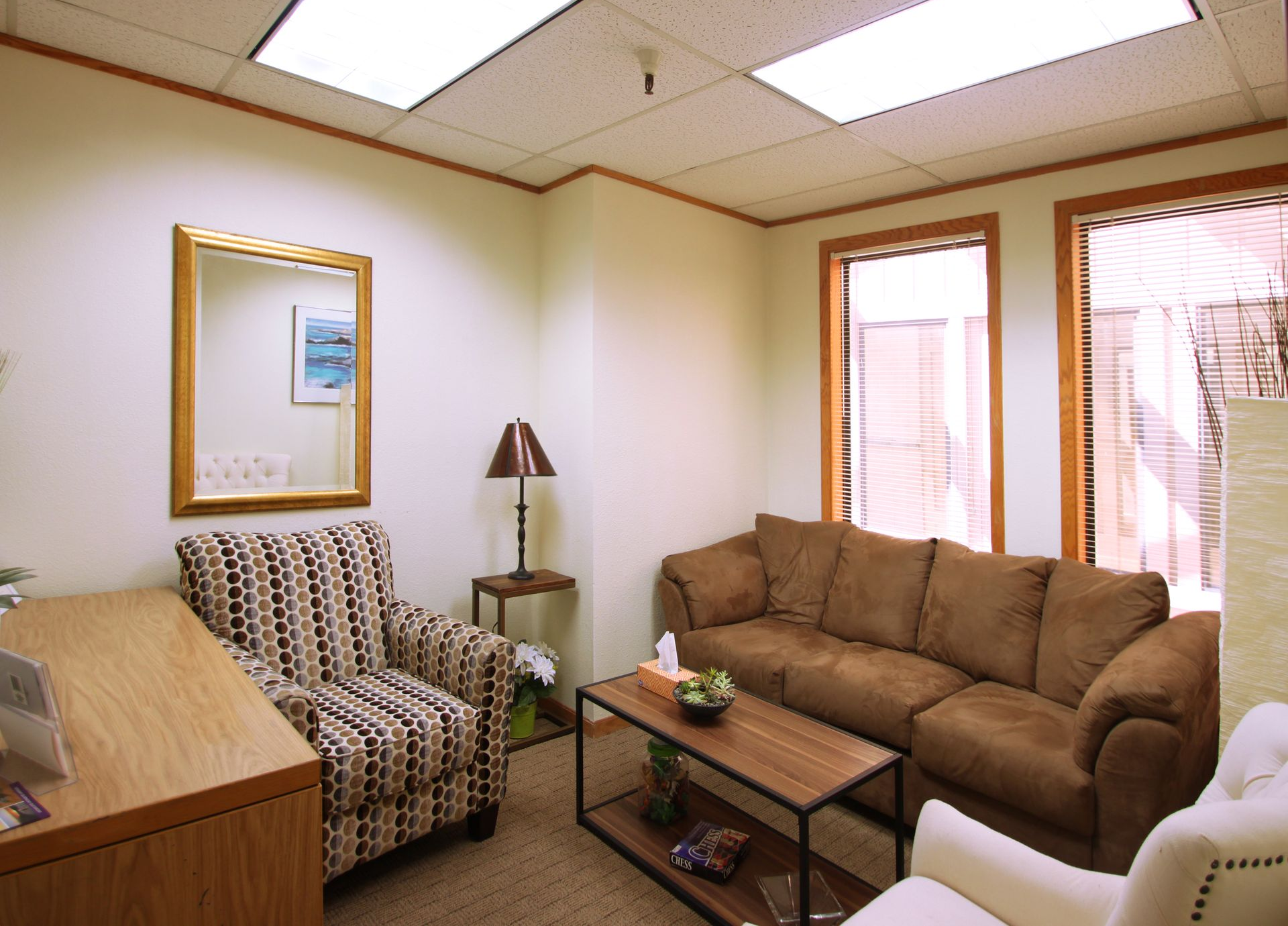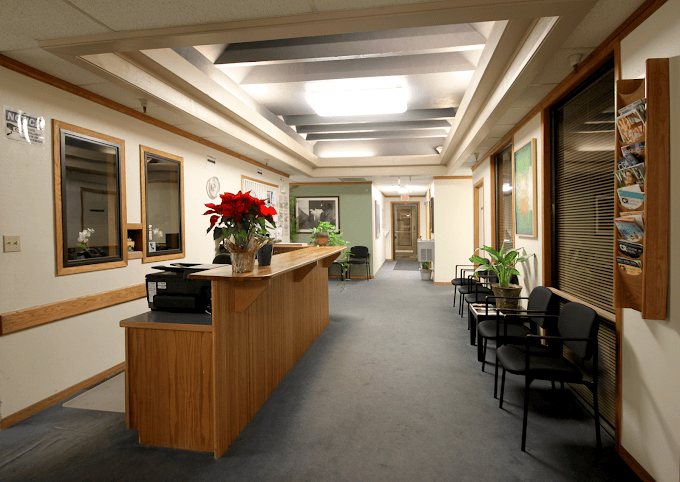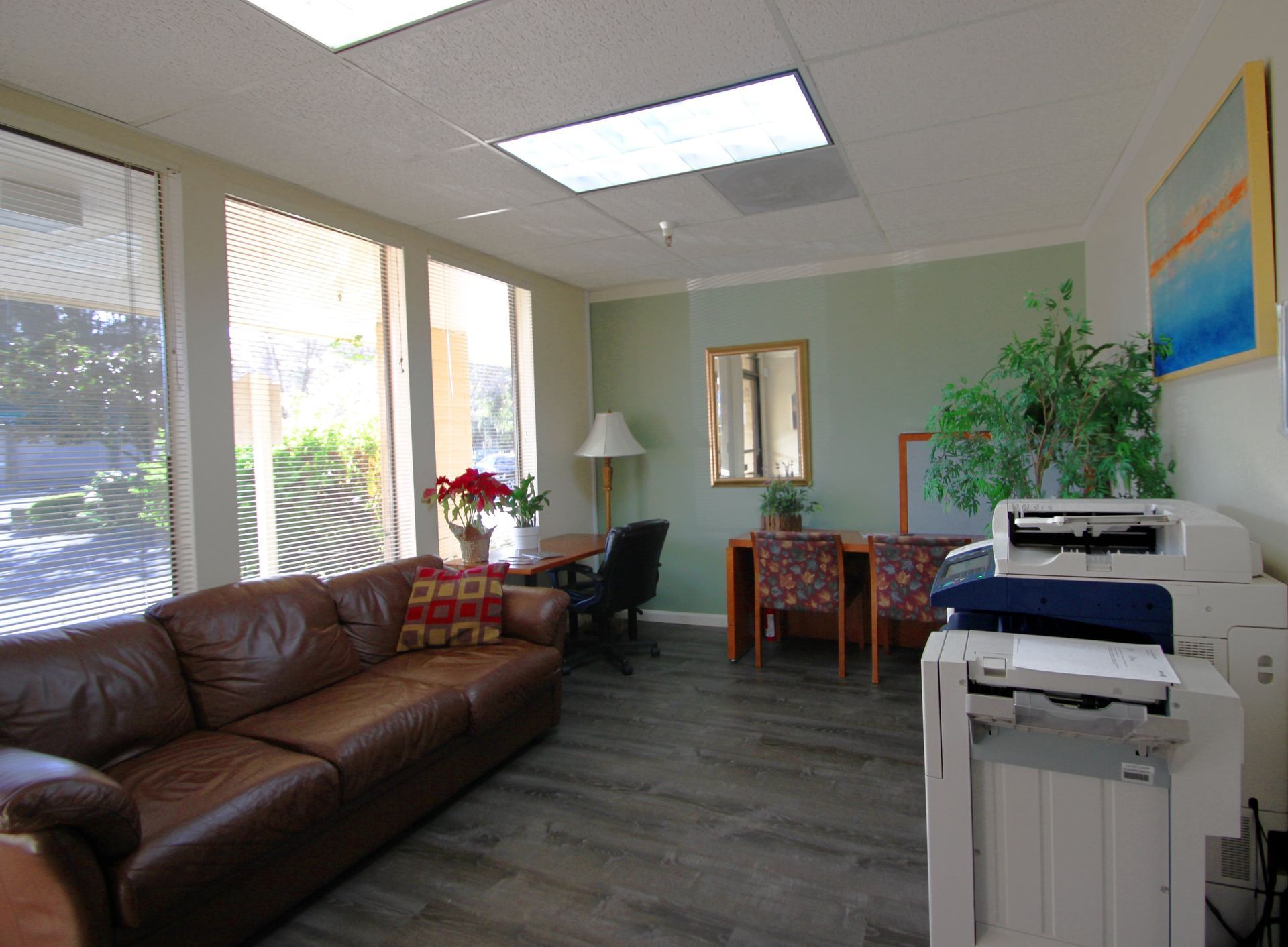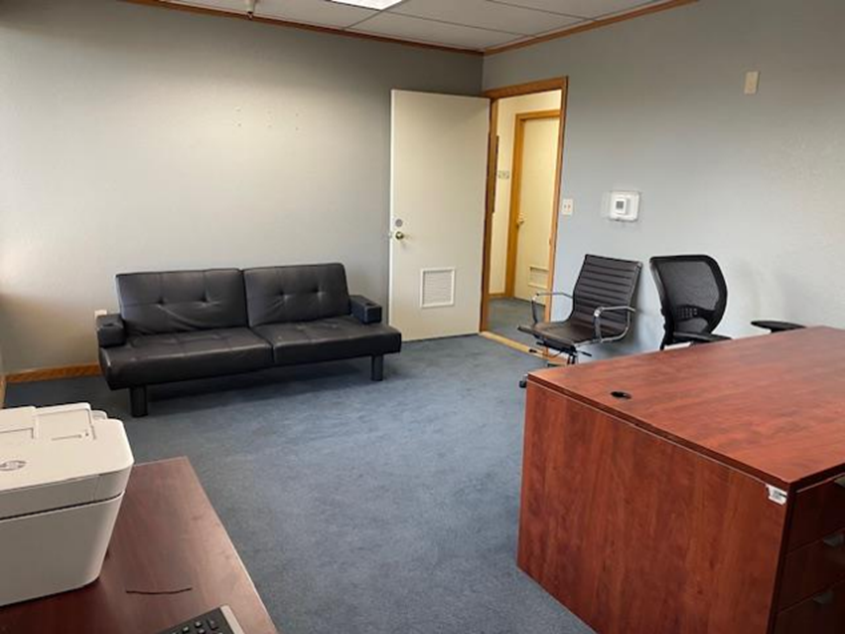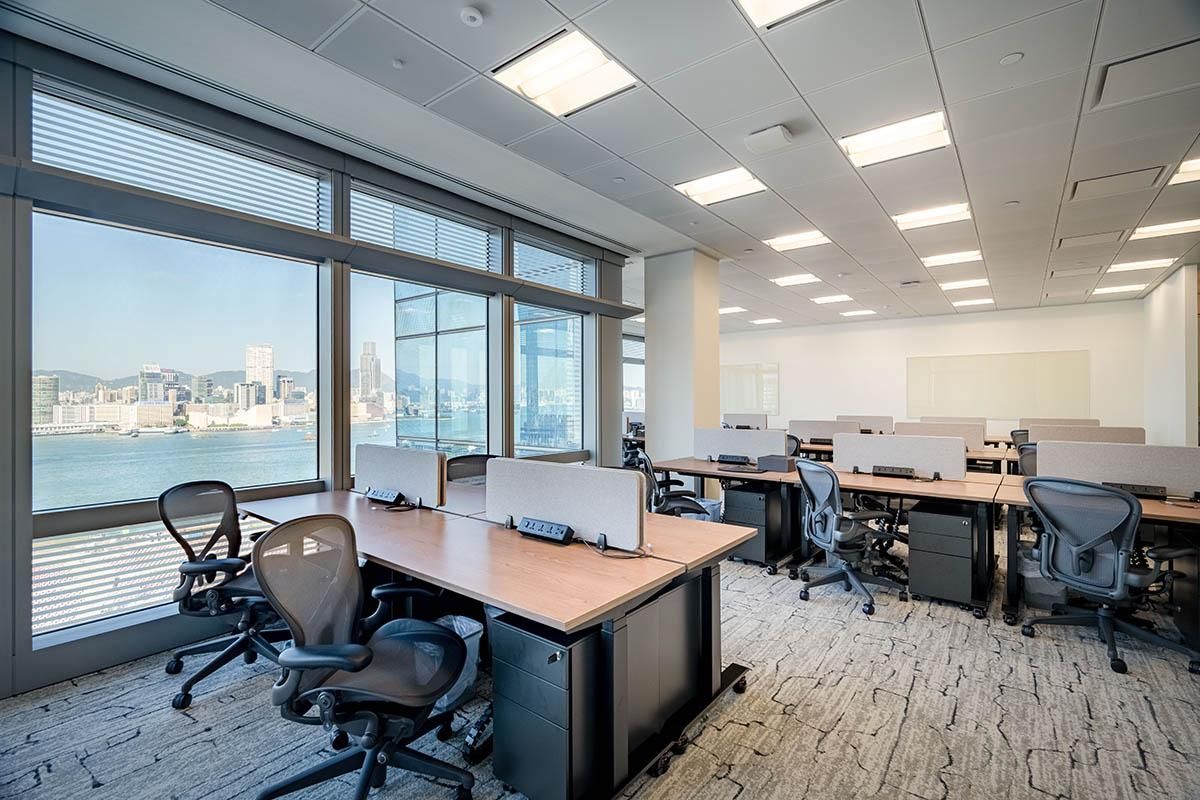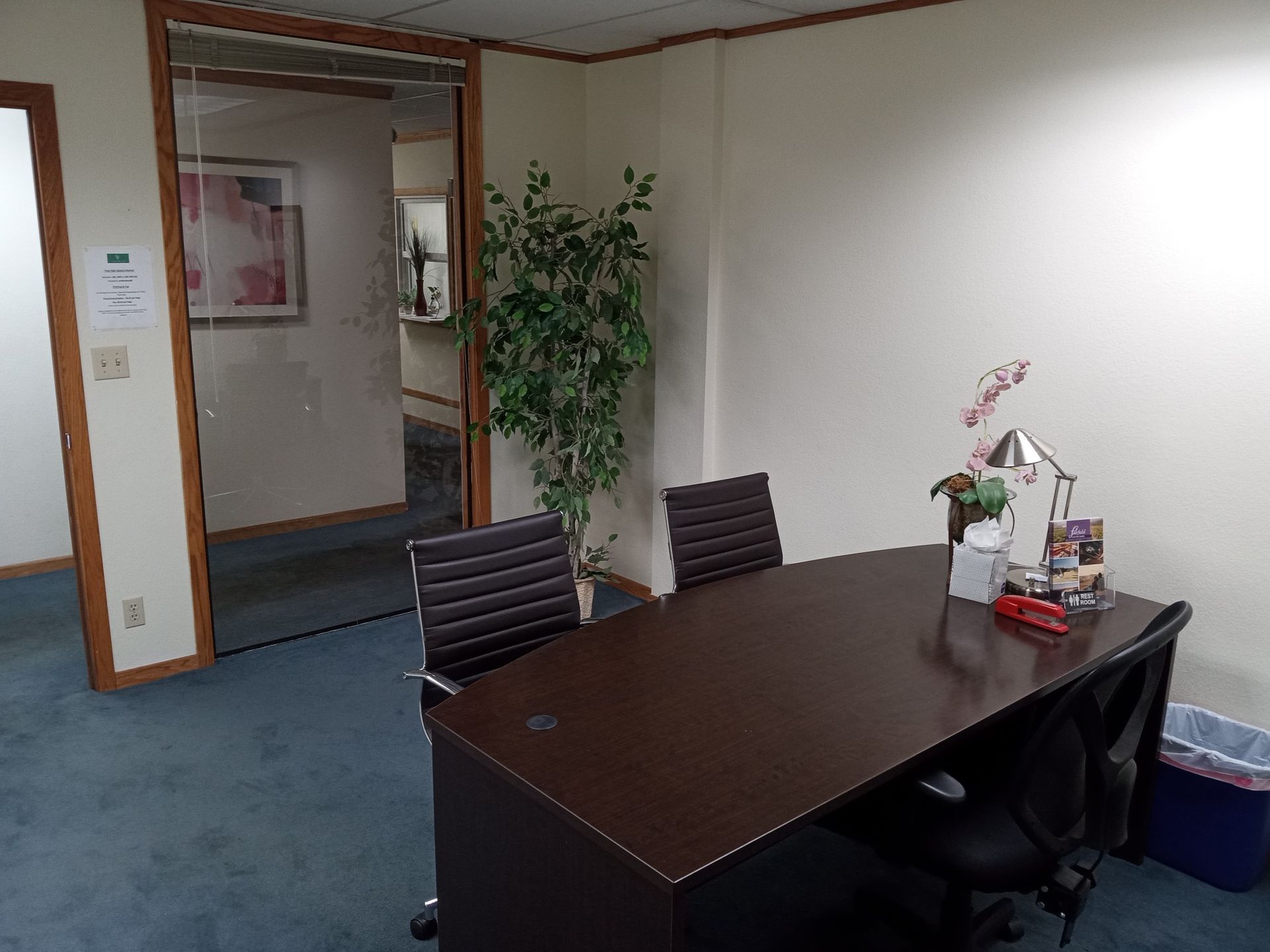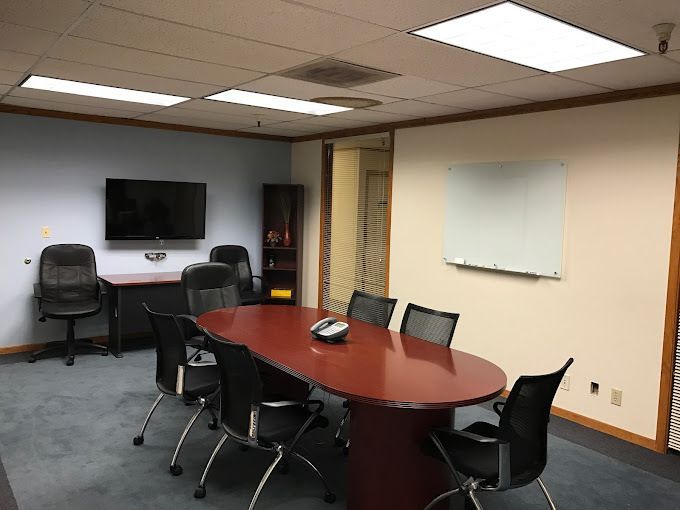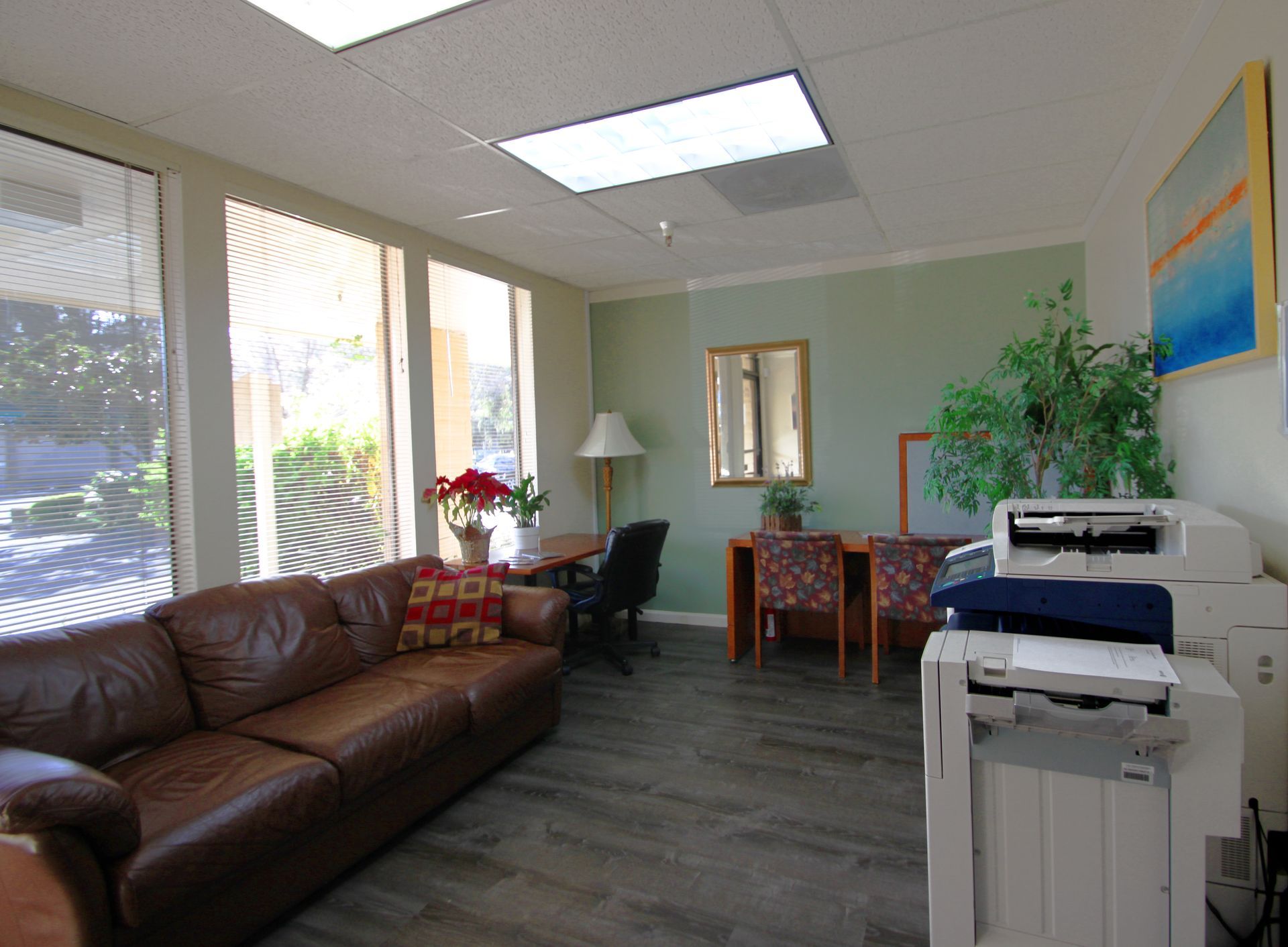New Paragraph
Required Office Space : Finding the Perfect Location for Your Business
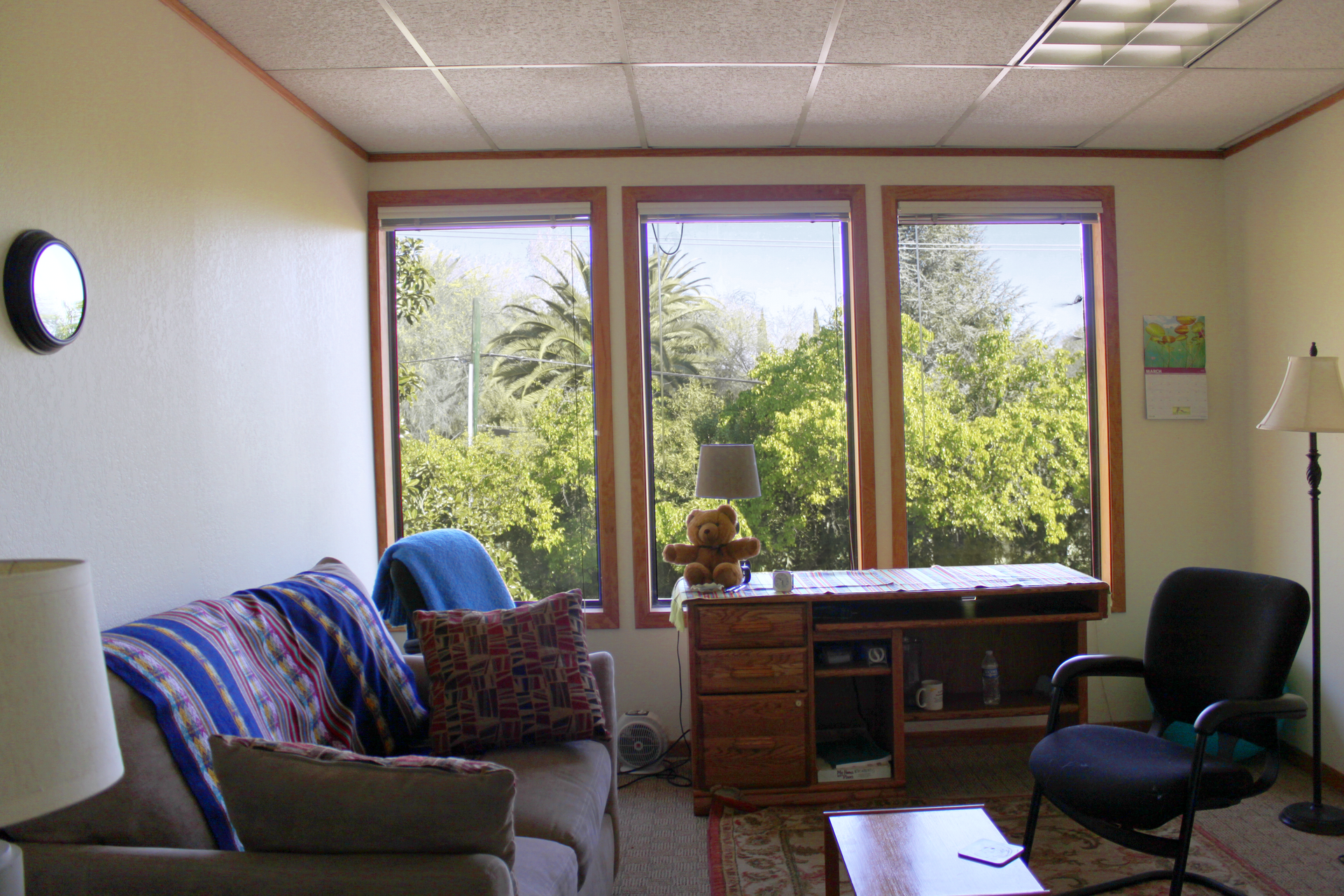
When it comes to running a successful business, finding the right office space is essential. Whether you are starting a new business or expanding an existing one, the office you choose can play a critical role in your company's growth, productivity, and overall success.
Why Finding the Right Office Space Matters
The office space you select can influence various aspects of your business, such as:
- Company image: The right office space can help create a professional image and make a positive impression on clients and visitors.
- Operational efficiency: A well-organized office can help streamline business operations, leading to increased efficiency and cost savings.
- Growth potential: The office space you choose should have the capacity to grow with your business as it expands.
Factors to Consider When Searching for Required Office Space
Let's look at some of the most important aspects to keep in mind when starting your search.
1. Location
The location of your office space is the most crucial factor in your decision-making process. A prime location can help your business attract clients, employees, and partners. Consider the following when evaluating the location:
- Accessibility: The office should be easily accessible by public transportation and roadways. If you have clients or employees who commute, convenience is key.
- Proximity to key services: Consider whether your office is close to banks, restaurants, meeting venues, and other essential services. These factors can improve overall convenience for you and your team.
- Business environment: Choose a location that aligns with the type of business you operate. For example, tech startups may benefit from being located in a tech hub, while a law firm may prefer a more professional, business-centered district.
2. Size and Layout of the Office Space
Whether you're looking for a small office or an expansive commercial space, the space must align with your business requirements.
- Employee capacity: Consider how much space you need to accommodate your team. If your business is growing rapidly, choose a space that allows for future expansion.
- Office design: The layout should encourage collaboration among your team while also offering private areas for focused work. Open-plan offices promote collaboration, while private offices may be better suited for specific business needs.
- Common areas: Ensure there are enough shared spaces like meeting rooms, break rooms, and storage areas. These shared spaces are essential for smooth operations and employee well-being.
3. Budget and Rent Costs
Your office's cost should align with your financial situation.
- Base rent vs. total rent: Some offices may have additional costs, such as maintenance fees, utilities, and parking charges, which should be factored into your budget.
- Negotiating rent: When considering rent prices, remember that you can often negotiate. Depending on market conditions and the landlord's flexibility, you can secure a better deal on rent or lease terms.
4. Lease Terms and Flexibility
Office space leases typically last from one to five years, though shorter-term leases may also be available. When selecting a lease, it's essential to ensure that the terms suit your business needs.
- Lease duration: Longer leases may offer better rates, but they can limit flexibility. Short-term leases allow you to adapt to changes in your business but may come with higher costs.
- Renewal options: Having the flexibility to extend the lease can be beneficial if your business is growing or if you need more time to find a permanent location.
- Subletting and expansion options: If your business is expected to grow rapidly, ensure that the lease includes possibilities for expanding the space or subletting if necessary.
5. Amenities and Infrastructure
Modern office spaces come with various amenities and infrastructure to make your business operations smoother. Here's what you should look for:
- Internet and phone connectivity: Ensure the office is equipped with high-speed internet and reliable phone connections.
- Furniture and equipment: Some office spaces may come with furniture and basic equipment, which can save you time and money on office setup.
- Security and parking: Make sure the office space has adequate security measures, including surveillance cameras and access control systems. Additionally, sufficient parking for employees and clients is crucial.
6. Legal and Regulatory Considerations
Before signing a lease agreement, it's essential to ensure that the office space complies with local regulations and zoning laws.
- Zoning laws: Some areas are explicitly designated for certain types of companies, and working outside these zones could lead to legal issues.
- Building codes and safety regulations: The building should comply with local building codes and safety regulations, including fire codes, emergency exits, and accessibility features for disabled individuals.
- Licensing and permits: Check with local authorities to ensure that you have the required permits to operate your business in that space.
Types of Office Spaces Available
When looking for required office space, it's essential to know the different types of spaces available. Each type of office space comes with its own set of advantages and is suited for various business needs.
1. Traditional Office Spaces
Traditional office spaces are typically leased on a long-term basis and provide a full range of amenities, including private offices, meeting rooms, and support services. These offices are ideal for established businesses that require privacy, security, and control over their office environment.
2. Coworking Spaces
These spaces are ideal for startups, freelancers, and small businesses looking to minimise overhead costs while leveraging a collaborative environment.
3. Executive Suites
Executive suites are suitable for businesses that need high-end office space without the overhead costs.
How to Search for Required Office Space
Searching for the right office space can seem overwhelming, but with a few steps, you can make the process more manageable. Here's how to go about it:
1. Use Online Platforms
There are numerous online platforms, such as commercial real estate websites, that list available office spaces. These platforms allow you to filter search results based on location, budget, and amenities.
2. Engage a Commercial Real Estate Agent
Agents have access to listings that may not be publicly available and can help you find spaces that meet your specific needs.
3. Visit Multiple Properties
It's essential to visit several properties before making your final decision. This gives you a chance to assess the location, size, layout, and amenities in person.
4. Negotiate Terms
This can include rent price, lease length, and additional services.
Conclusion on Required Office Space
Finding the required office space for your business is a critical decision that can influence your company's growth and success. By considering factors like location, budget, amenities, and lease terms, you can find an office space that fits your business needs and supports your long-term goals. Whether you opt for a traditional office, coworking space, or executive suite, the right office space will provide the foundation for your business's success.

